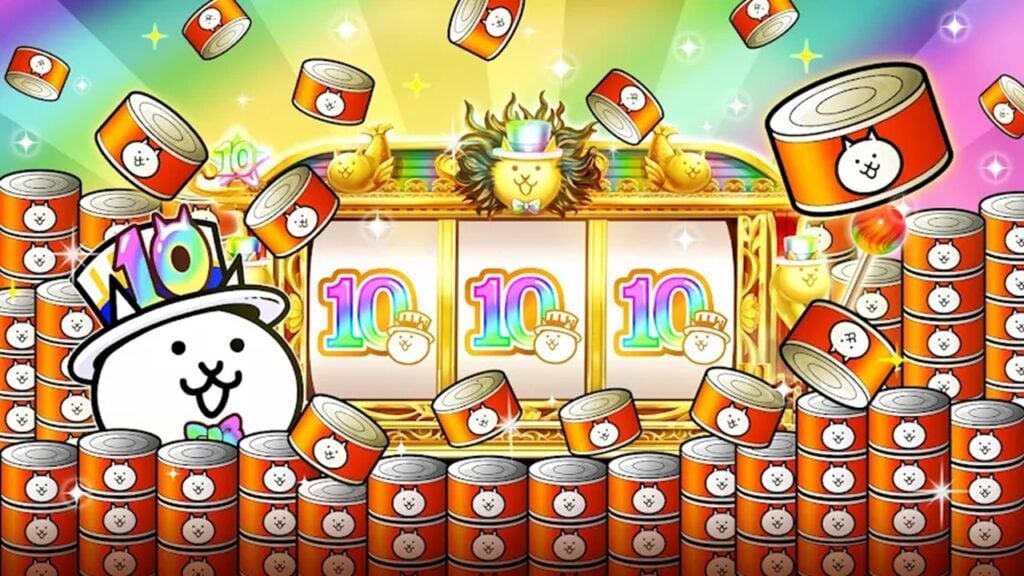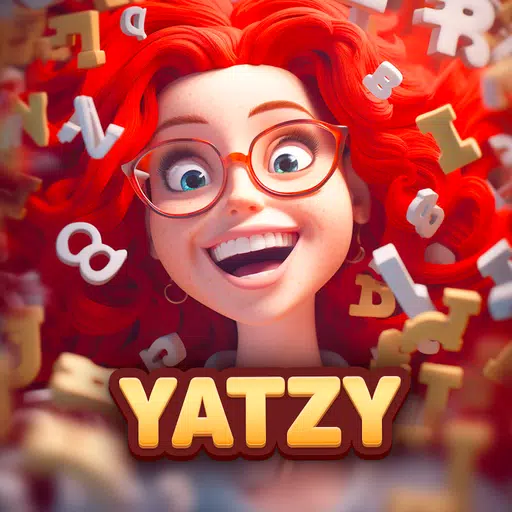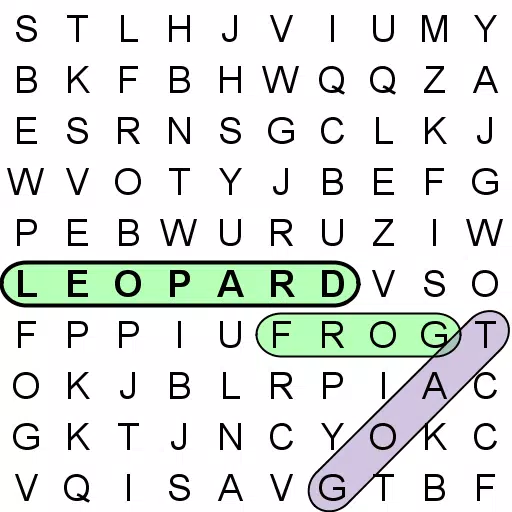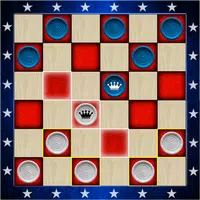Neil Druckmann on Sequels: 'I Never Plan Ahead, Lacks Confidence'
At the recent DICE Summit in Las Vegas, Nevada, Neil Druckmann from Naughty Dog and Cory Barlog from Sony Santa Monica engaged in a deep discussion about a topic that resonates with many creatives: doubt. Over the course of an hour, the two shared insights on their personal struggles with self-doubt and how they determine the validity of their creative ideas. They also fielded pre-submitted audience questions, one of which focused on character development across multiple games. Druckmann's response to this question was particularly intriguing, especially given his extensive experience with sequels.
Druckmann revealed that he doesn't plan for multiple games when working on a project. He explained, "That's a very easy question for me to answer, because I never think about multiple games, because the game in front of us is so all consuming. I think you're jinxing yourself if you're starting to think about the sequel when you're working on the first game." He emphasized that while working on The Last of Us 2, he occasionally had ideas for potential sequels, but his primary focus was on the current project. Druckmann's approach is to ensure every good idea is used in the present game, rather than saving it for future installments.
Ten-year payoffs
Druckmann elaborated that he applies this philosophy to all his work, except for The Last of Us TV show, which he knows will span multiple seasons. When it comes to sequels, he reviews the previous game to identify unresolved elements and potential new directions for characters. If he feels there's nowhere left for the characters to go, he humorously suggested, "I think we'll just kill them off." He further explained that this approach was evident in the development of the Uncharted series, where iconic moments like the train sequence in Uncharted 2 were not planned initially but emerged during the development of each subsequent game.
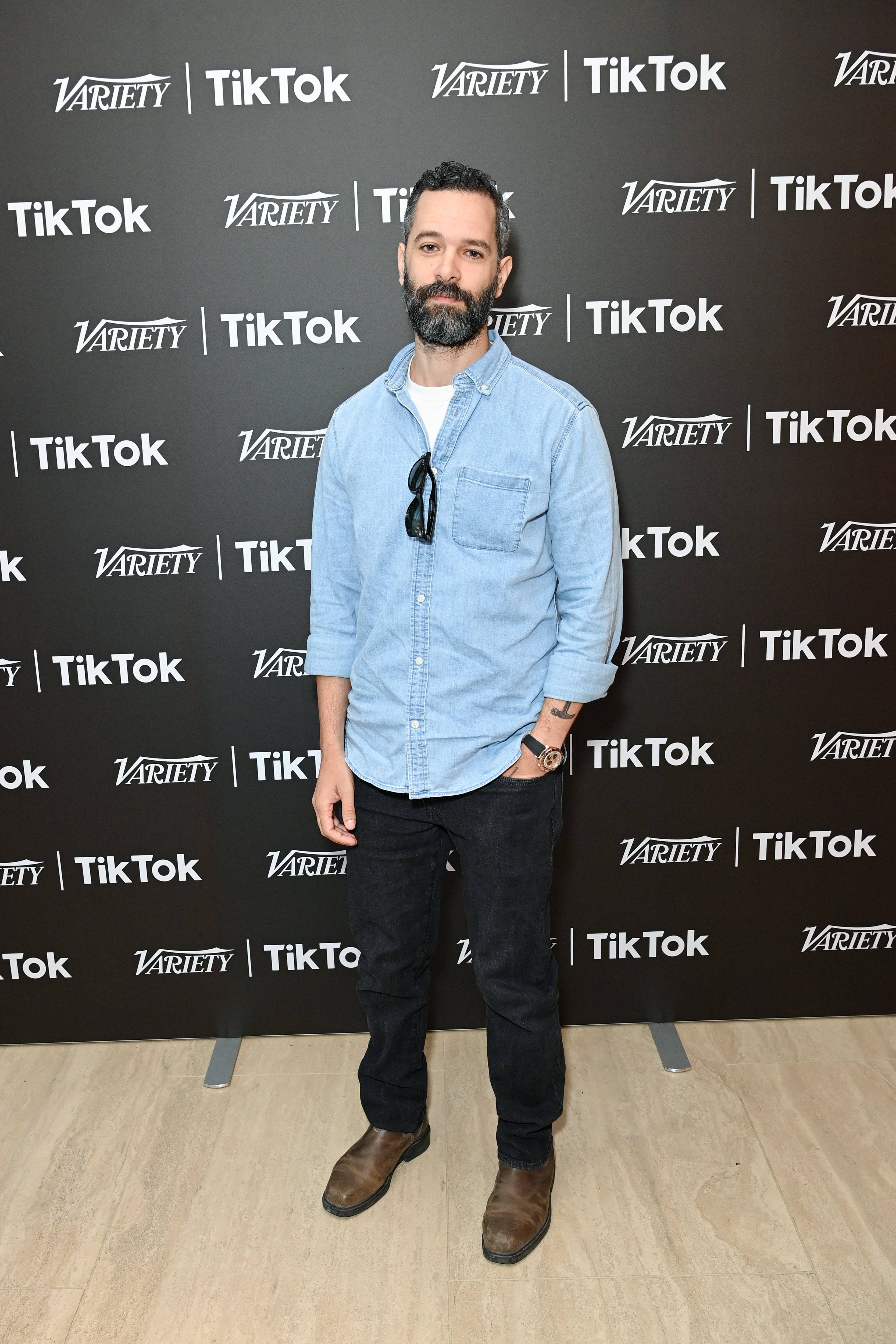
In contrast, Barlog shared a different perspective, describing his method as having "way too much of the Charlie Day crazy conspiracy board of trying to connect and plan with all of these pieces." He finds it rewarding to link current work with plans set a decade earlier, though he admits it's "absolutely, unequivocally the most unhealthy thing ever" due to the stress and complexity involved. Barlog highlighted the challenges of maintaining long-term plans with changing teams and perspectives, which can often lead to unforeseen obstacles.
Druckmann responded by acknowledging that Barlog's method requires a level of confidence he himself lacks, preferring instead to focus on the immediate future rather than planning years ahead.
The reason to wake up
Throughout their fireside chat, Druckmann and Barlog touched on various themes, including their personal experiences with doubt and their creative processes. Druckmann expressed his deep passion for games, recounting an interaction with Pedro Pascal during the filming of the The Last of Us TV show. Pascal's quip about art being "the reason to wake up in the morning" resonated with Druckmann, who affirmed that despite the challenges and negativity in the industry, his love for game development and storytelling is what drives him.
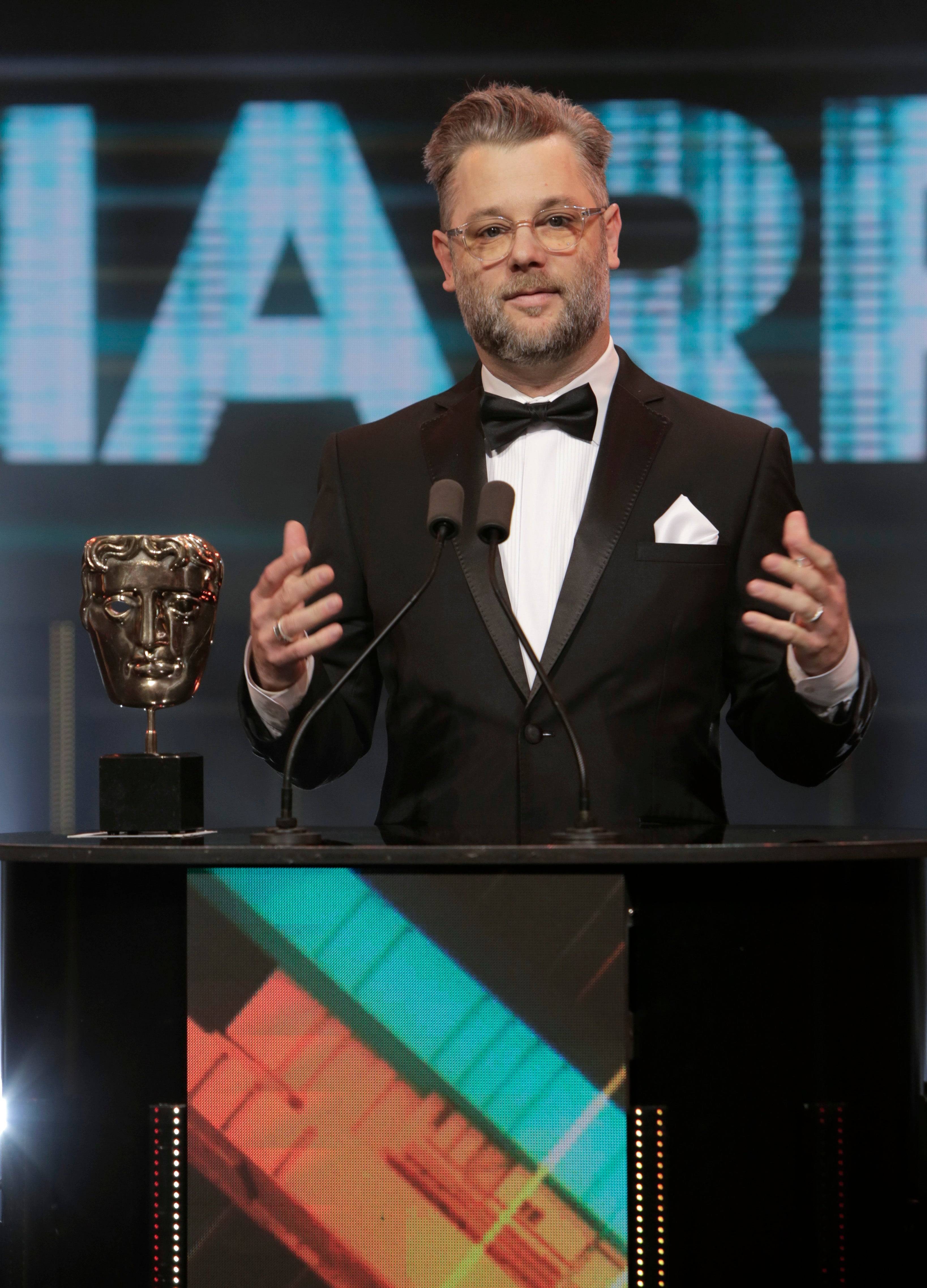
Druckmann then turned the conversation to Barlog, questioning when the drive to succeed becomes enough. Barlog's response was candid and introspective: "Is it ever enough? The short answer's, no, it's never enough." He described the relentless pursuit of success as a "demon of obsession" that pushes creatives to keep climbing new mountains, often without taking time to appreciate their achievements. Barlog emphasized the struggle and the sense of never reaching a point of satisfaction, which is a common experience for many in the creative field.
Druckmann offered a softer perspective, reflecting on the legacy of Naughty Dog's Jason Rubin. He spoke of Rubin's departure creating opportunities for others to rise, a concept Druckmann sees as part of his own eventual exit from the day-to-day aspects of game development. He aims to create opportunities for new talent to take on the challenges and rewards of creative leadership.
In a light-hearted conclusion, Barlog quipped, "Very convincing. I’m going to retire," encapsulating the mix of humor and introspection that characterized their insightful discussion.
-
1

Every Pokémon Game on the Nintendo Switch in 2025
Feb 25,2025
-
2

Roblox: Trucking Empire Codes (January 2025)
Mar 05,2025
-
3
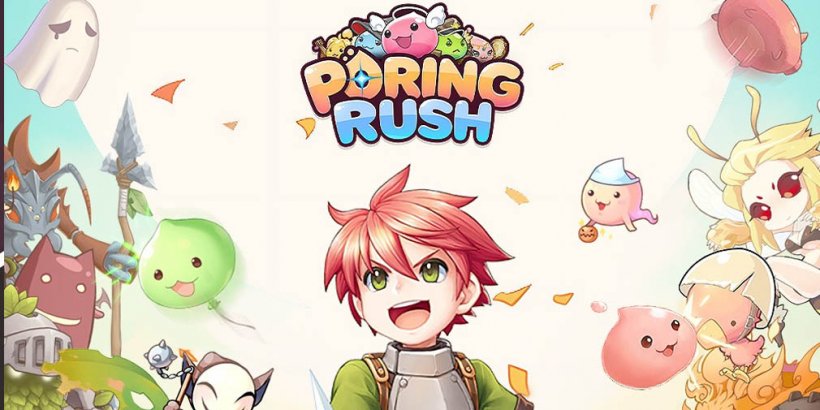
Poring Rush, the casual battling spin-off from hit MMORPG Ragnarok Online, is out now
Dec 30,2024
-
4
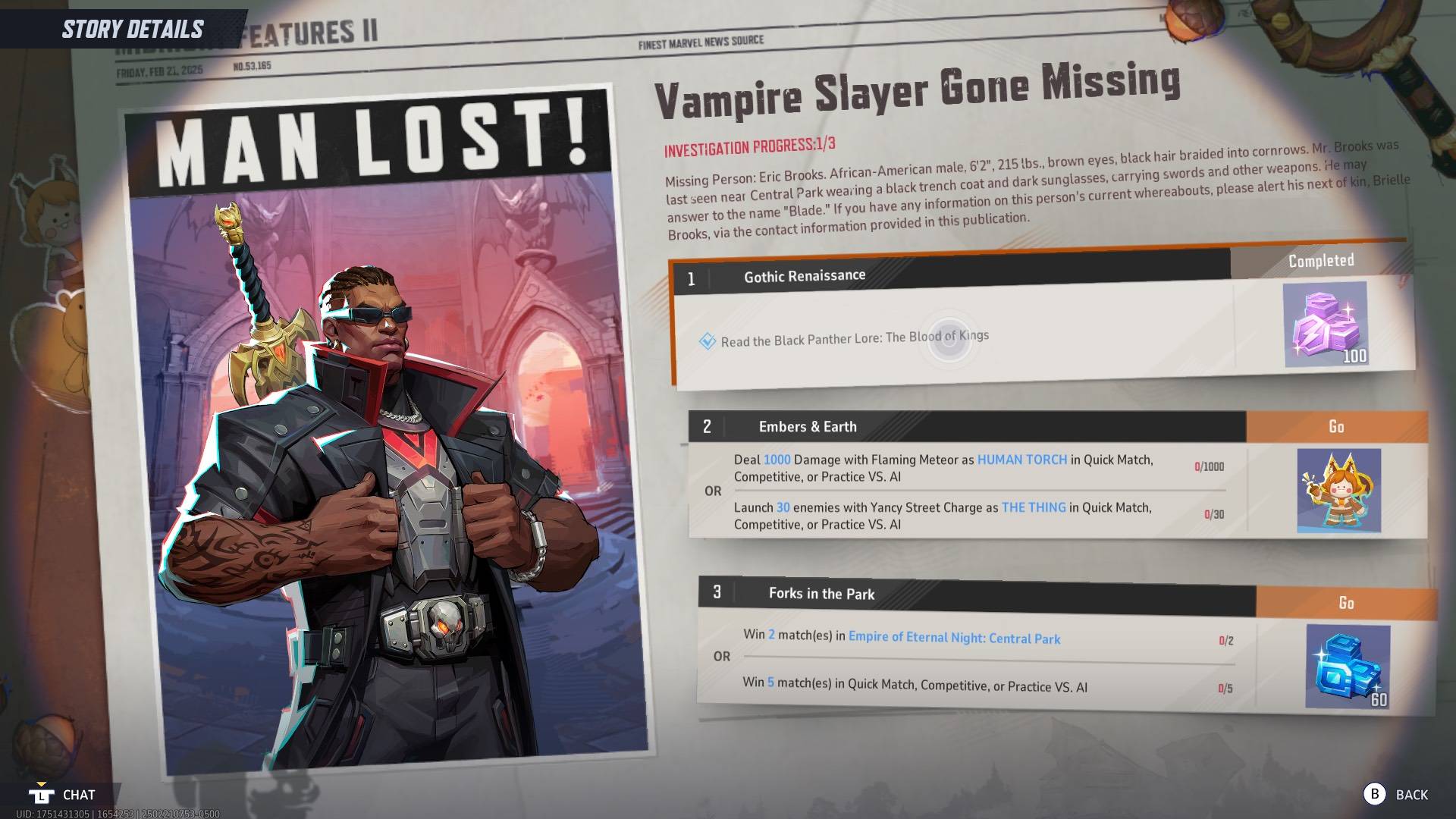
How To Read Black Panther Lore: The Blood of Kings in Marvel Rivals
Mar 01,2025
-
5
![Anime Vanguards Tier List – Best Units For Each Gamemode [UPDATE 3.0]](https://images.gzztb.com/uploads/35/17376012656791b0f12fa1c.jpg)
Anime Vanguards Tier List – Best Units For Each Gamemode [UPDATE 3.0]
Feb 27,2025
-
6
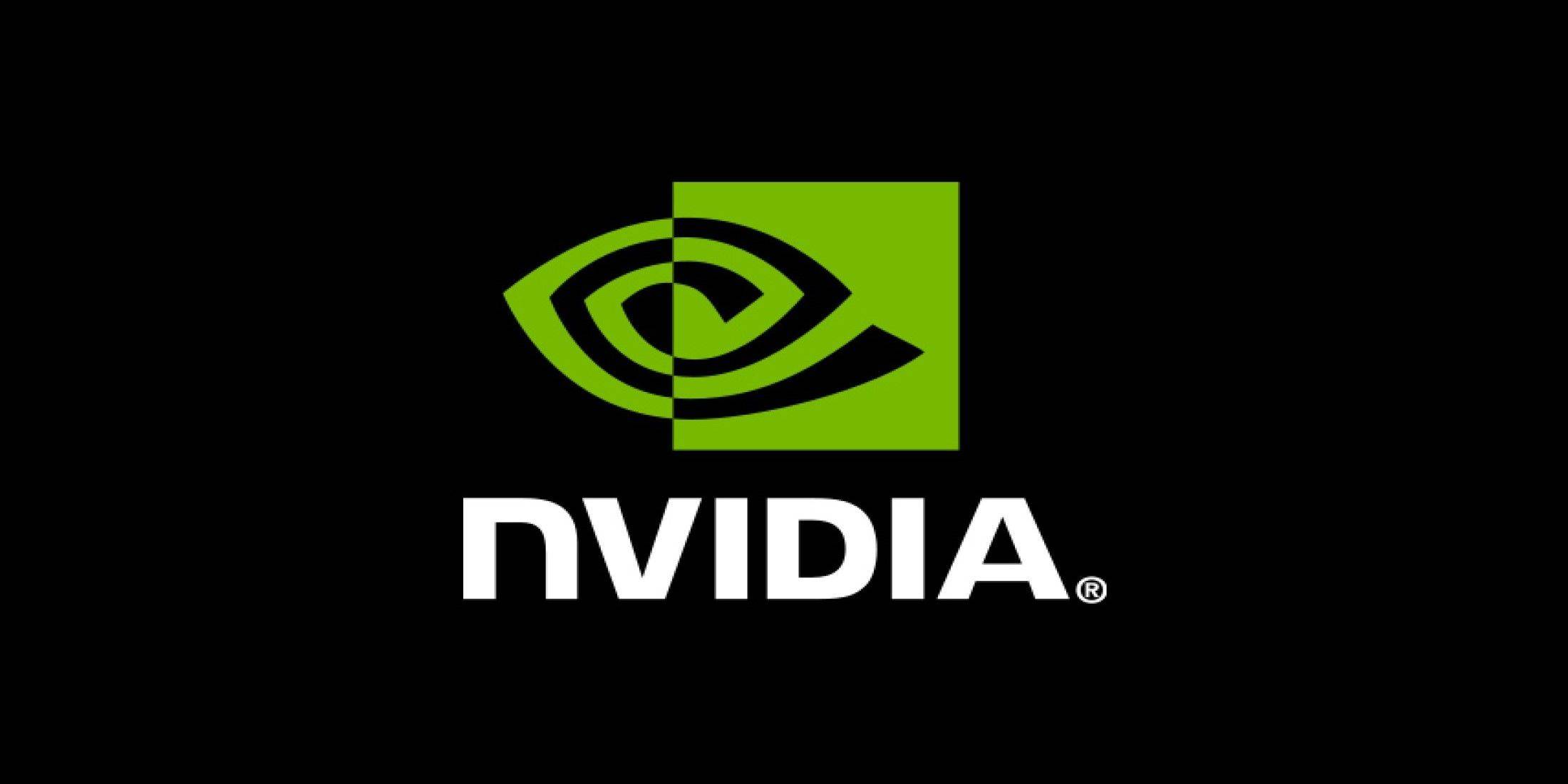
Nvidia RTX 5090 Specs Leak: Rumor Confirmed?
Mar 14,2025
-
7
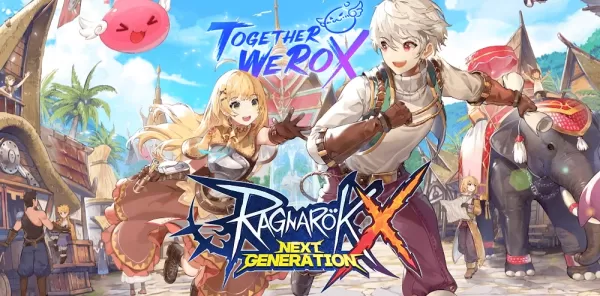
Ragnarok X: Next Gen - Complete Enchantment Guide
May 25,2025
-
8
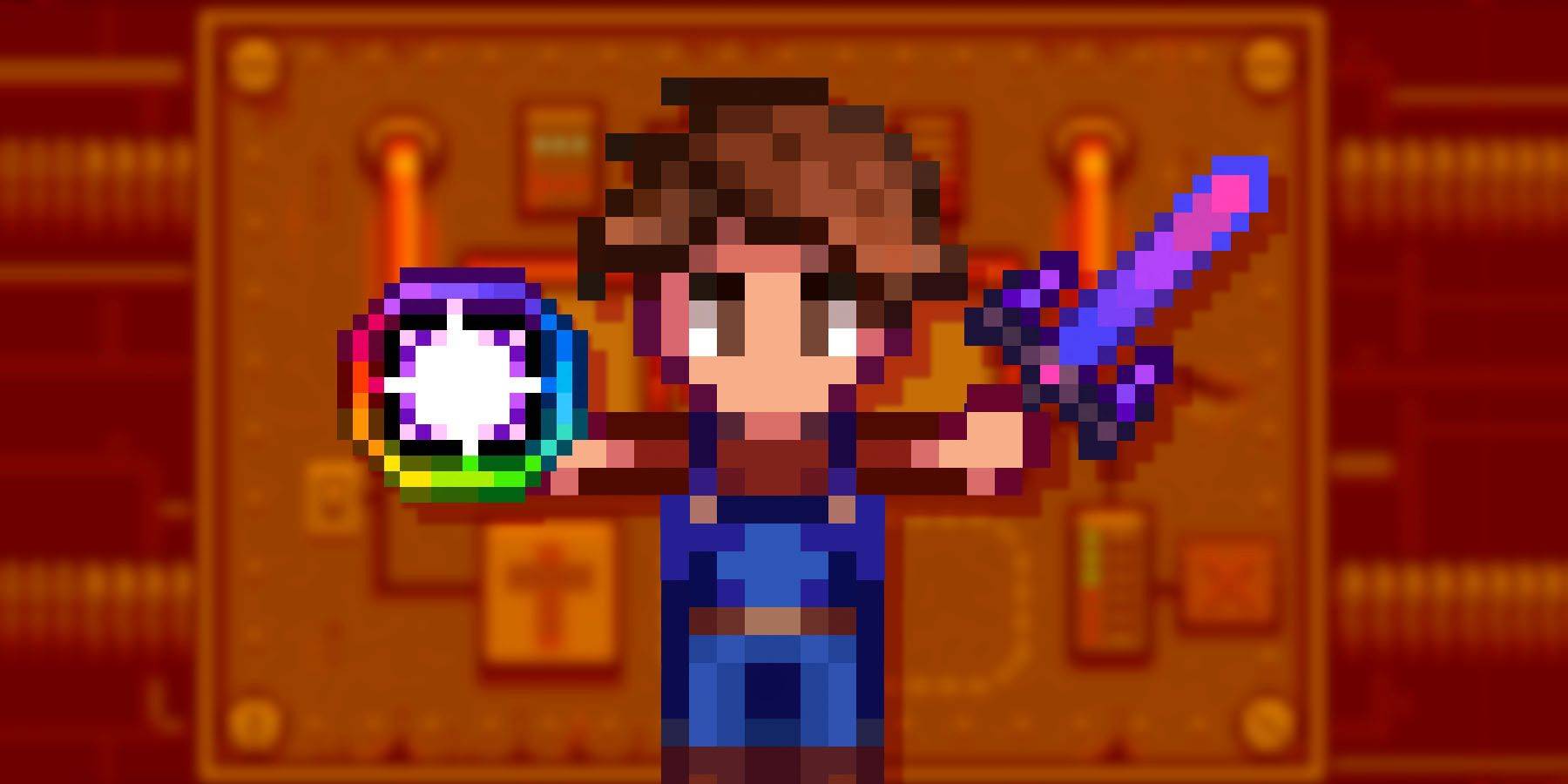
Stardew Valley: A Complete Guide To Enchantments & Weapon Forging
Mar 17,2025
-
9
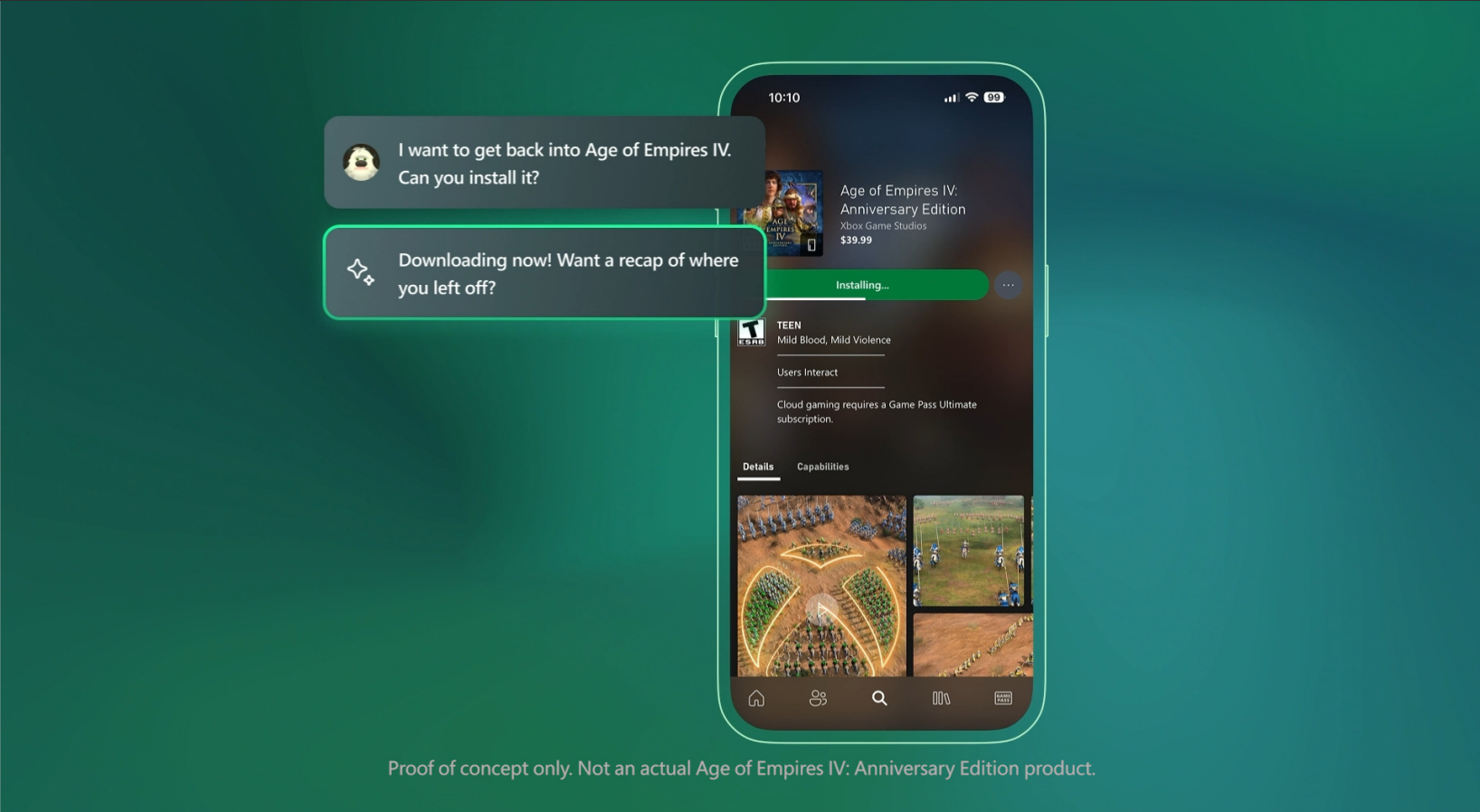
Microsoft to Integrate Copilot AI into Xbox App and Games
May 21,2025
-
10
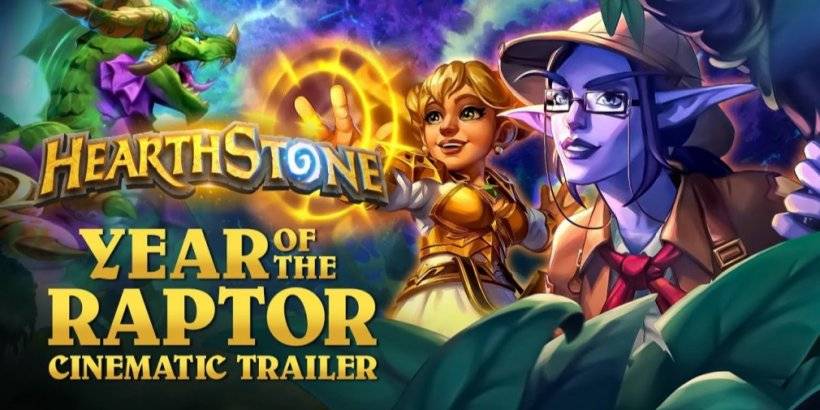
Hearthstone has kicked off the Year of the Raptor with a myriad of new content
Mar 16,2025
-
Download

The Golden Boy
Casual / 229.00M
Update: Dec 17,2024
-
Download

Niramare Quest
Casual / 626.43M
Update: Feb 21,2023
-
Download
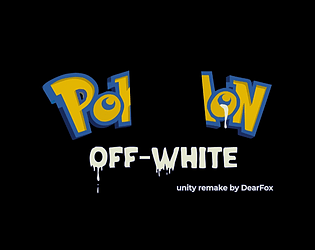
POW
Casual / 38.00M
Update: Dec 19,2024
-
4
Mother's Lesson : Mitsuko
-
5
Gamer Struggles
-
6
How To Raise A Happy Neet
-
7
Poly Pantheon Chapter One V 1.2
-
8
Dictator – Rule the World
-
9
Strobe
-
10
Livetopia: Party

